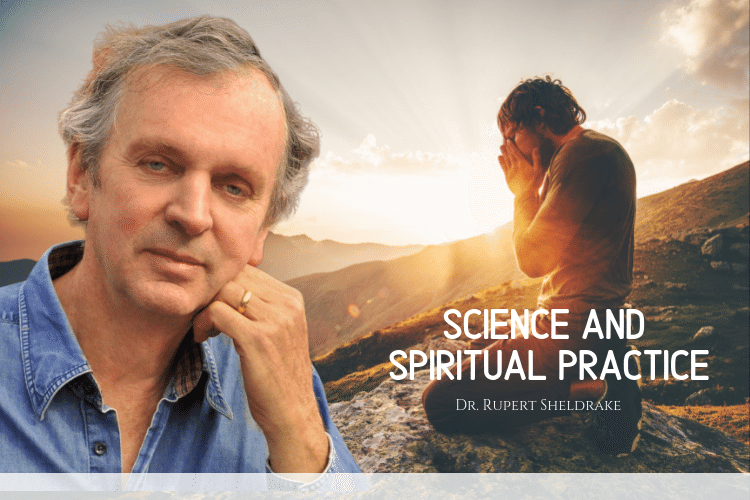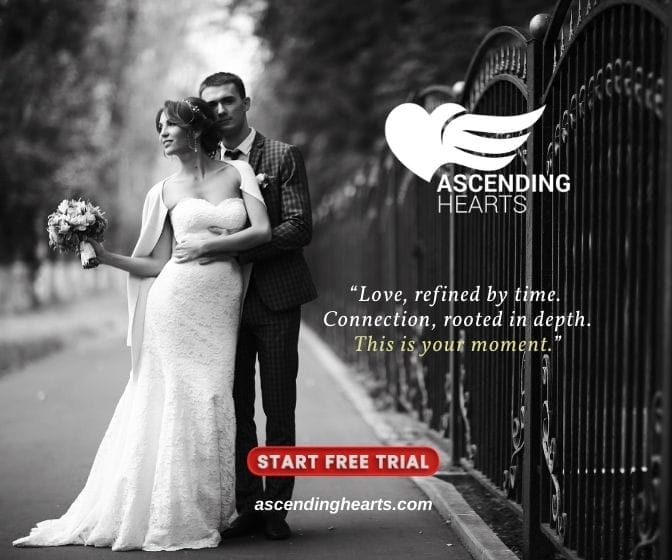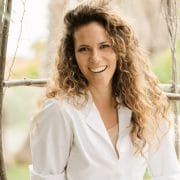Rupert Sheldrake – Science and Spiritual Practices

Dr. Rupert Sheldrake is a biologist and author, best known for his hypothesis of morphic resonance. He’s working in developmental biology at Cambridge University, was principal plant physiologist at the International Crops Research Institute for the Semi-arid Tropics in Hyderabad, India, and was the director of the Perrott-Warrick Project for research on unexplained human and animal abilities funded by Trinity College Cambridge. He’s world-renowned books include Morphic Resonance and New Science of Life, Dogs that Know When Their Owners are Coming Home, The Presence of the Past, Seven Experiments that Could Change the World, and The Science Delusion, and many more. Rupert Sheldrake shares this interview to discuss the things that religion, atheism, spirituality, rituals, and ceremony covered in his two latest books, Science and Spiritual Practices: Reconnecting through Direct Experience and his soon-to-be-published sequel, Ways to Go Beyond and Why They Work: Seven Spiritual Practices in a Scientific Age.
Interview with Dr. Rupert Sheldrake
To listen to the full interview of Dr. Rupert Sheldrake on What Is Going OM with host Sandie Sedgbeer on OMTimes Radio, click the player below.
Sandie Sedgbeer: Rupert Sheldrake, welcome.
Rupert Sheldrake: Good to be with you.
Sandie Sedgbeer: Thank you. Dr. Rupert Sheldrake, in the preface to Science and Spiritual Practices, you share that you had a fairly conventional Christian upbringing. Your family were Methodist and you went to an Anglican boarding school for boys. But later on, you became an atheist. What prompted you to make that transition?
Rupert Sheldrake: Well, it just seems to happen naturally at the time. The message I got from my science teachers was that science and reason are all about progress and the future. And religion is all about superstition and credulity, and Dogma and I wanted to be on the side of progress. So it wasn’t really a kind of agonizing decision. It was just smoothly going with the flow of scientific education in the secular worldview.
Sandie Sedgbeer: So, over the last 35 years or more, you’ve been doing experimental research on plant growth, morphic resonance, homing pigeons, dogs that know when their owners are coming home, the sense of being stared at, telephone telepathy, and a range of other subjects. What attracted you to those areas and how have they changed your ideas about religion and atheism?
Rupert Sheldrake: Well, I began to doubt the mechanistic materialist theory of life when I was an undergraduate at Cambridge. I began to feel that I loved animals and plants, that’s why I did biology and that’s why I was studying it. And I noticed the first thing we did was kill whatever we were studying. So I felt something had gone wrong. It wasn’t really a science of life. It was a science of parts of living organisms when they’re dead. So, I began to think in terms of finding a more holistic alternative. That was part of my quest. After being an undergraduate, I went to Harvard, where I studied history and philosophy of science to try and get a bigger picture. I really came to the view by about 10 years after I graduated. I was doing research at Cambridge at the time that biology is not best explained in terms of mechanisms, but there are organizing principles, which I now call morphic fields, and a kind of memory in nature, which I call morphic resonance, which leads to a completely different way of interpreting living organisms.
I realized that the mechanistic materialist world view, which has dominated for so long and still does excluded whole areas of research that was treated by science as taboo and beyond the borders of anything you could work on. It’s precisely because they’d been so neglected that they were so fascinating. It’s like exploring whole new territories. So when I found out I could break out of that dogmatic belief system of mechanistic materialism, I found whole new frontiers of science opened up and some of them I’ve done research on, which you’ve just summarized some of the topics I’ve worked on. While I was doing that, while I was moving towards a more holistic view in biology, I got more and more entrenched in the nature of consciousness, partly through psychedelics, in the early 1970s, and then through meditation and Yoga. And that led me to an interest in Hindu philosophy.
I took a job in India at an international institute doing agricultural research that, very surprisingly, the interest in the Indian spirituality, being in India, led me back to the Christian path. Now I actually confirmed in the church of south India in my thirties, and I then found an extraordinary teacher in India called Father Bede Griffiths, who is an English Benedictine monk living in an Ashram in South India on the bank of a sacred river. I wrote my first book, The New Science of Life, in his Ashram. I then went back to work at my agricultural institute, but I took two years to write that book, and that, for me, was a tremendous expansion of consciousness, reconnecting with the Christian mystical tradition which I didn’t know much about before, and finding a way through Father Bede of integrating eastern and Western spiritual ideas.
Sandie Sedgbeer: Dr. Rupert Sheldrake, there’s been a huge decline, as you pointed out in your book, in religion in Europe and in North America in recent years and for many years there’s been a huge divide between organized religion and the so-called New Age spiritual philosophies. But of late, there seems to be more of a coming together, more people who would describe themselves as spiritual, but not religious. What do you think is behind this shift?
Rupert Sheldrake: Well, I think that a lot of people have been put off by religion. The religion that’s lost most adherents is Christianity. Most atheists come from Christian backgrounds, some from Jewish backgrounds, but you don’t often meet Hindu atheists or Muslim atheists. I think part of it is there has been relentless anti-Christian propaganda within the educational system since the enlightenment near the end of the 18th century. The French revolution in 1793 abolished Catholicism in France and proclaimed the state cult of science and reason. They guillotined thousands of priests. They destroyed the monasteries. It was a very, very strongly anti-Christian movement. The communists in the 19th century were very anti-Christian and atheism was the official doctrine of communism and of continental socialism, not so in England with socialists, but on the continent.
Atheism became a kind of political movement, opposing the power of the church because, in many cases, it propped up reactionary governments. So it was very politicized, and I think that kind of anti-Christian polemic has now become completely built into the default educational mode of people who go to university or secondary school. It’s just part of the air you breathe in an academic environment. As I did myself. I didn’t pay thoughtfully, or in an evidence-based way, go through these arguments. I just drifted away from the Christian tradition assuming that it proved I was smarter than everyone else. The general message is that is not smart to be a Christian or believe in God, whereas it is much smarter not to. So that led to a great prejudice against organized religion.
And then, of course, some people had very negative experiences, such as clerical abuse in the Roman Catholic Church. Some people felt they were being brainwashed or indoctrinated, or they had intolerant and puritanical upbringings and so on. The state we’ve gotten to in Britain now is that the great majority of young people are brought up in with no religion at all. They knew very little about any religion, so it’s not as if they’re reacting personally against it, they have just absorbed this general prejudice. But there is a spiritual need, I think, in all of us, and I think that the rise of an interest in spiritual practice, yoga and meditation being the most obvious, and the new age movement that preceded that, has helped a lot of people to find a spiritual path, but without being part of an organized religion.
So a lot of people I know say they’re spiritual, but not religious, which is really quite a common attitude to have nowadays. I say of myself that I am spiritual and religious, and some people treat them as if they’re opposite. So you can’t be one, you’ve got to be one or the other. I see them as complementary. Some of the spiritual practices, like meditation, are very much about personal development. I think one of the strengths of religious traditions is that they have a more communal aspect. They bring communities together. You’re seen with other people, you celebrate festivals together. When I lived in India, it was very striking, the sharing of religious tradition in Indian villages and towns has a tremendous bonding effect on the population. They are celebrating together in these great festivals, whereas in Europe, many of the great religious festivals, for example, September the 29th, The Feast of Saint Michael and all the Angels, most people don’t even know it’s happening. So there is a loss of that communal aspect in this very individualistic form of spirituality. I think that reconnecting with religious traditions can help to reconnect us with that communal aspect.
Continue to Page 2 of the Interview with Dr. Rupert Sheldrake
A veteran broadcaster, author, and media consultant, Sandie Sedgbeer brings her incisive interviewing style to a brand new series of radio programs, What Is Going OM on OMTimes Radio, showcasing the world’s leading thinkers, scientists, authors, educators and parenting experts whose ideas are at the cutting edge. A professional journalist who cut her teeth in the ultra-competitive world of British newspapers and magazines, Sandie has interviewed a wide range of personalities from authors, scientists, celebrities, spiritual teachers, and politicians.





